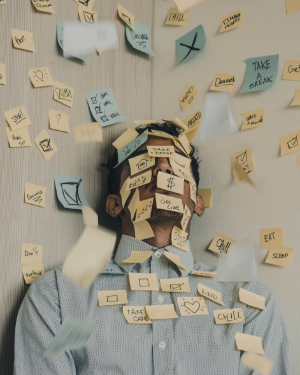Let’s face it, millennials are burned out, triggered by being underpaid, overworked, and overdigitalized. Authors are finally beginning to talk about the issues, such as how millennial burnout happened in the first place, and how to succeed in spite of everything.

What Are The Signs of Millennial Burnout?
Signs of burnout in millennials may include:
- Working hard, often several jobs, and just barely being able to pay the rent/mortgage/bills, etc.
- Feelings of hopelessness
- Lack of motivation
- Overuse of technology
- Feeling drained by digital communication
- Having a hard time concentrating and setting clear goals
- Feeling constantly pressured
- Exhaustion
- Mental fatigue
- Mental cloudiness
- Feeling constantly irritable, tense, and restless
- Feeling stuck
- Constant negative thoughts that won’t go away
- Not being able to relax/Always having to be “on”
- Never feeling satisfied
- Having a hard time accomplishing even minor tasks
- Thinking you are not good enough
- Feeling guilty for not doing enough or wasting time
What is the Difference Between Burnout and Depression.
Burnout can look a lot like depression, because symptoms of depression can also appear in someone who is burned out. One of the main distinguishing factors is that burnout can be resolved relatively quickly with self-care and rest, whereas depression generally lasts longer and can take longer to resolve. Burnout is generally related to work, whereas symptoms of depression cover all areas of life. Burnout can lead to depression, if left untreated. If you suspect you may have depression, burnout, or both it is best to consult with a medical doctor to eliminate any underlying conditions. Seek an experienced therapist to help you find ways to reduce stress, find out what is really going on, and explore ways to recover mental wellness.
